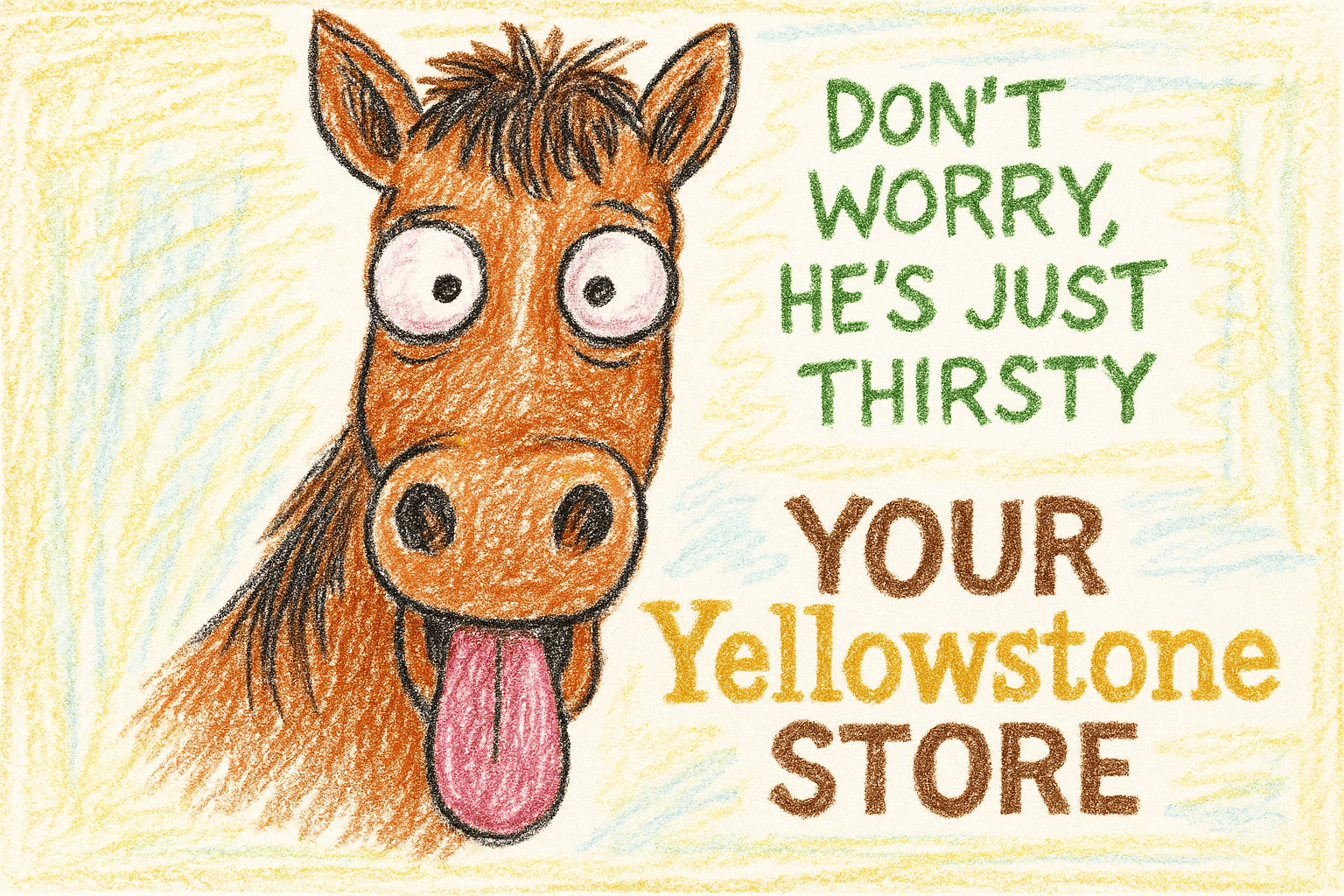John Dutton is the patriarch of the Yellowstone Dutton Ranch and one of the most complex, commanding characters in modern television. Over the course of the show, we watch his story unfold through power plays, personal loss, and unwavering loyalty to his land and legacy. This John Dutton story arc page explores how he evolves from rancher and father into a political leader and emblem of the American West under siege.

Season 1: The Reluctant Empire Builder
We’re introduced to John Dutton as the last of a dying breed. He owns the largest contiguous ranch in the United States and will do anything to keep it. Season 1 is defined by John trying to hold on to the ranch through both legal and violent means. He sees threats from developers, the Broken Rock Reservation, and even his own children. His cancer diagnosis introduces mortality and vulnerability, but he hides it from everyone. He’s not ready to relinquish power. The season ends with him barely holding things together, using every tool—political, financial, and personal—just to stay afloat. This is where the John Dutton story arc begins: a man struggling to control an empire he cannot step away from.
Season 2: War on All Fronts
John’s enemies multiply in Season 2. The Beck Brothers bring a darker criminal element into the show, testing John’s moral limits. His alliances become more fragile, and we see him lean more heavily on Rip, Beth, and Kayce. Despite being surrounded, John proves he’s still the most cunning player on the board. The kidnapping of Tate, Kayce’s son, forces John to sanction a brutal counterattack, reinforcing his belief that protecting the family sometimes requires becoming the monster people accuse him of being. His cancer has gone into remission, but his soul feels heavier with each action taken. The John Dutton story arc deepens as he sacrifices more of his conscience to shield what matters most.
Season 3: The Statesman Emerges
In Season 3, John begins acting more like a public figure than a private landowner. He starts considering how to protect the ranch long after he’s gone. Market Equities becomes a major threat, and John realizes legal ownership isn’t enough—he needs political power. His scenes with Governor Perry start laying the groundwork for a political future. He also gives his blessing to Beth and Rip’s deepening relationship and begins mentoring Kayce to take over one day. But the season ends with an explosion—literally. John is shot on the side of the road in a coordinated attack, and his future is left in question. The John Dutton story arc takes a turn from defense to legacy-building. He’s no longer just responding—he’s preparing to pass the torch, even if he doesn’t yet trust anyone to carry it.
Season 4: Retaliation and Resurrection
John survives the assassination attempt and returns angrier, colder, and more determined. He’s more willing than ever to bend or break the law to achieve justice. He orchestrates revenge against those responsible for the attacks, making it clear that harming a Dutton is a death sentence. He also begins taking Carter under his wing, offering a glimpse of warmth we rarely see. John remains estranged from Jamie, especially as the truth about Jamie’s biological father emerges. This season shows a harder, more solitary John—a man surrounded by family but isolated by his choices. His story arc becomes more haunted and rigid, shaped by loss and the refusal to yield. Even moments of compassion are delivered through a veil of exhaustion and scars. We see a man who has weathered more than most could endure—and refuses to back down.
Season 5: The Governor of Montana
John Dutton becomes Governor of Montana in Season 5, bringing all the backroom strategy to the public stage. He uses executive power to halt development, protect the land, and fight for ranchers. But the transition from rancher to politician doesn’t sit easily with him. He’s frustrated by bureaucracy and feels more like a prisoner than a leader. His relationship with Beth deepens while tensions with Jamie explode. The ranch’s future hangs in the balance, and John becomes a symbol of resistance against modern encroachment. He’s no longer just a father or a rancher—he’s the last line of defense against a world trying to erase his way of life. The John Dutton story arc now positions him as a cultural icon standing against the tide. He wears the governor’s office like armor—useful, but heavy—and it’s clear that his heart is still back at the ranch.
What John Dutton Represents
John Dutton isn’t just a character—he’s a symbol. He represents tradition, land stewardship, masculine stoicism, and moral ambiguity. His arc is about holding ground in a changing world, and the cost of doing so. He’s a king with no true heir, a father without forgiveness, and a man who will burn everything down before he lets go. Over five seasons, we see him age, harden, and yet still find moments of unexpected softness. He’s a flawed guardian of the old world—one who sometimes causes as much harm as he prevents, but never stops trying to protect what matters. This John Dutton story arc is already legendary—and it’s not finished yet.
John Dutton’s Legacy Beyond the Screen
The impact of John Dutton’s story arc isn’t limited to the fictional world of Yellowstone—it’s left a cultural footprint that stretches far beyond television. His character has sparked conversations about land rights, generational wealth, Western identity, and what it means to be a leader in morally gray territory. Fans wear his quotes on t-shirts, model their wardrobes after his style, and even reconsider their own relationships with family and legacy. The John Dutton story arc resonates so deeply because it reflects timeless questions: How far will we go to protect what’s ours? What sacrifices define us? And can we ever truly separate duty from love?
Previous: John Dutton Best Quotes
Next: Unofficial Yellowstone Merchandise Home
